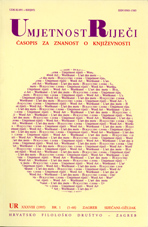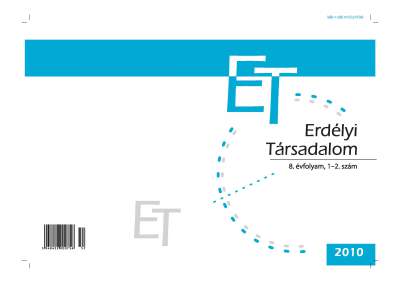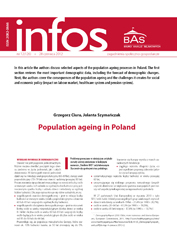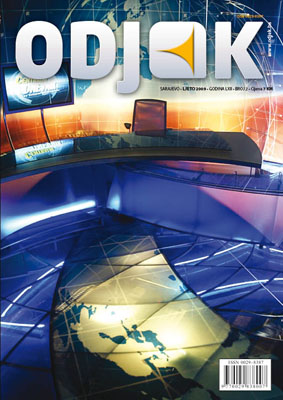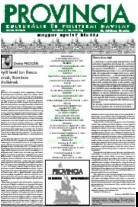
The Antecedents of the Debate Concerning the Memorandum
A Memorandum-vita elõzményei
Keywords: Adrian nastase; regionalism; federalism; historical traditions; Fintinaru Alexandru; The Transylvanian problem; Trianon
The article focuses on the reasons that determined the initiative of a number of Transylvanians to reform the administrative structure of Romania – known under the name “The Memorandum”.
More...
